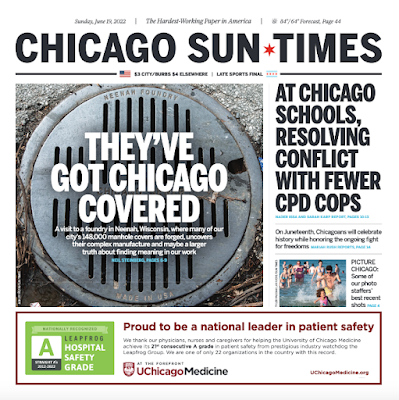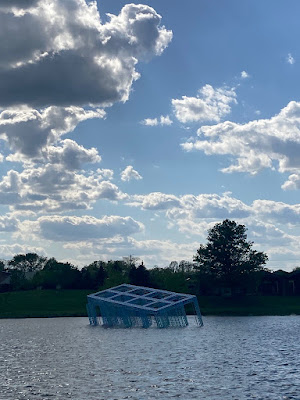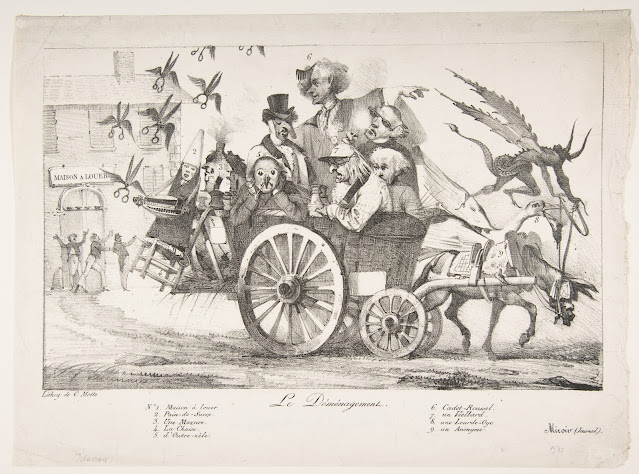My gut tells me that light columns of a personal nature are probably both out-of-step with journalistic fashion and not smart, from a self-protection standpoint. Indeed, as I was writing this, I remembered with a shudder that the great Gene Weingarten, two-time Pulitzer Prize winner at the Washington Post, was shown the gate after just such a column, for failure to sufficiently appreciate Indian cuisine. So if it seems like my praise is one twist too strong, that was deliberate, my winking tribute to Gene.
I turned 62 last week, and new indignities of age already are rushing at me, with their seltzer bottles and flappy paddles, the calliope of time wheezing derisively in the background. You’d think, at threescore and a pair, I’d expect them by now. But no.
We caught the 5:22 to Union Station Thursday night to take our younger son out for an elegant birthday dinner — his, not mine; our birthdays are less than a week apart. He chose Rooh, a trendy progressive Indian restaurant on West Randolph Street.
On the trip downtown, I entertained myself cooking up lame dad puns that I knew later would have to be manfully suppressed. “I hear the chef is opening a French version of this place, called ‘Rue’, serving Paris street food ...”
“Have you been to his Cajun cafe, ‘Roux’?”
“The chef has one of these in Australia, too. ‘Roo.’”
Really, it’s a sickness.
A pleasant stroll west and north from Union Station. Well, OK, young people did tend to blast up to us, pause as if confused, even slightly offended that we didn’t automatically hop out of their way, then grudging factor our perplexing existence into their navigational systems, then vector around us, picking up speed, like comets slingshotting around a pair of lifeless moons.
We got to Rooh and joined the knot of supplicants at the front door. Edging to the maître d’ station, we gave our son’s name. The gatekeepers huddled, consulted, glanced at us, disapprovingly. Looked at a screen again, murmured, reluctantly agreed it seemed this couple has a reservation upstairs.










